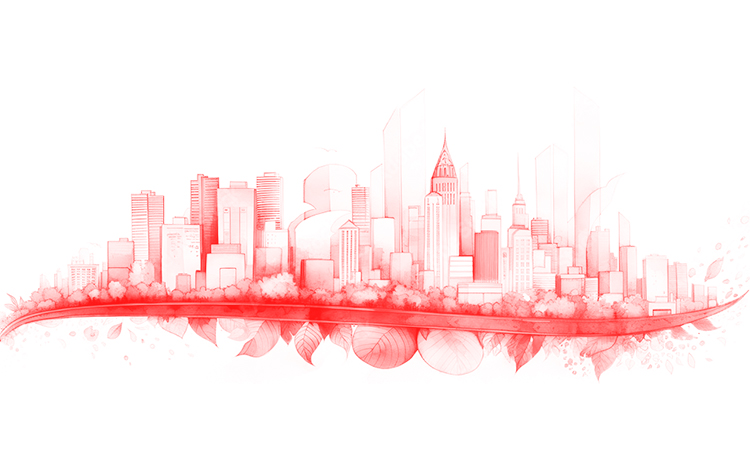The following speech was delivered at our tenth party congress in support of a motion on culture.
*****
They call it freedom when all it sells is obedience. They claim socialist realism is conservative, but what they really mean is that it is dangerous, because it points us toward revolution. Because it dares to make the working class visible as the subject of history, rather than its footnote.
These attacks are not new.
In the west, the cold war brought with it a full cultural offensive. Socialist realism was painted as ‘totalitarian’ and equated with fascism. And then, as the years passed, it was either commodified or erased.
But even now, it endures. In People’s China, in the DPRK, in Cuba, in every anti-imperialist nation. In the monuments that still stand, and in the ones that they try to tear down. It lives in the resistance of Donbass; in the memories of those who remember what it means to fight for socialism.
And so they come for the monuments, they come for the books, they come for the statues. In the name of ‘decommunisation’, the imperialists try to rip up the memory of socialism. They erase Soviet heroes, cancel Russian culture, and whitewash fascist collaborators.
And we must call this what it is: a cultural war to rehabilitate fascism and rewrite history.
Imperialism doesn’t stop at borders. It doesn’t just invade with bombs. It invades with narratives. It invades with textbooks, Netflix series, university syllabuses, art galleries and think tanks. It grooms a new generation into believing that ‘there is no alternative’ to capitalism.
It wants us to believe that making revolution is always a mistake. That the USSR was evil. That struggle is hopeless.
And even worse, it co-opts. It gives grants to artists from oppressed nations while their homelands are bombed and pillaged. It awards positions to intellectuals from the global south so long as they play the game. They turn suffering into spectacle and call it ‘inclusion’.
We say: culture is class struggle, and socialist realism is a weapon in that struggle. It is not a relic. It is not a style for galleries. It is a living, breathing method for building working-class consciousness and unity across borders. It was forged in revolution and continues to inspire anti-imperialist movements worldwide.
We must defend it – not only in the name of the past, but for the future. We must reconnect to our own working-class traditions here in Britain. The realist, popular traditions that can serve as a foundation for revolutionary art.
Most of all, we must reject the idea that art exists for its own sake. That is the ruling class talking.
Art has a side. And we must take ours!















